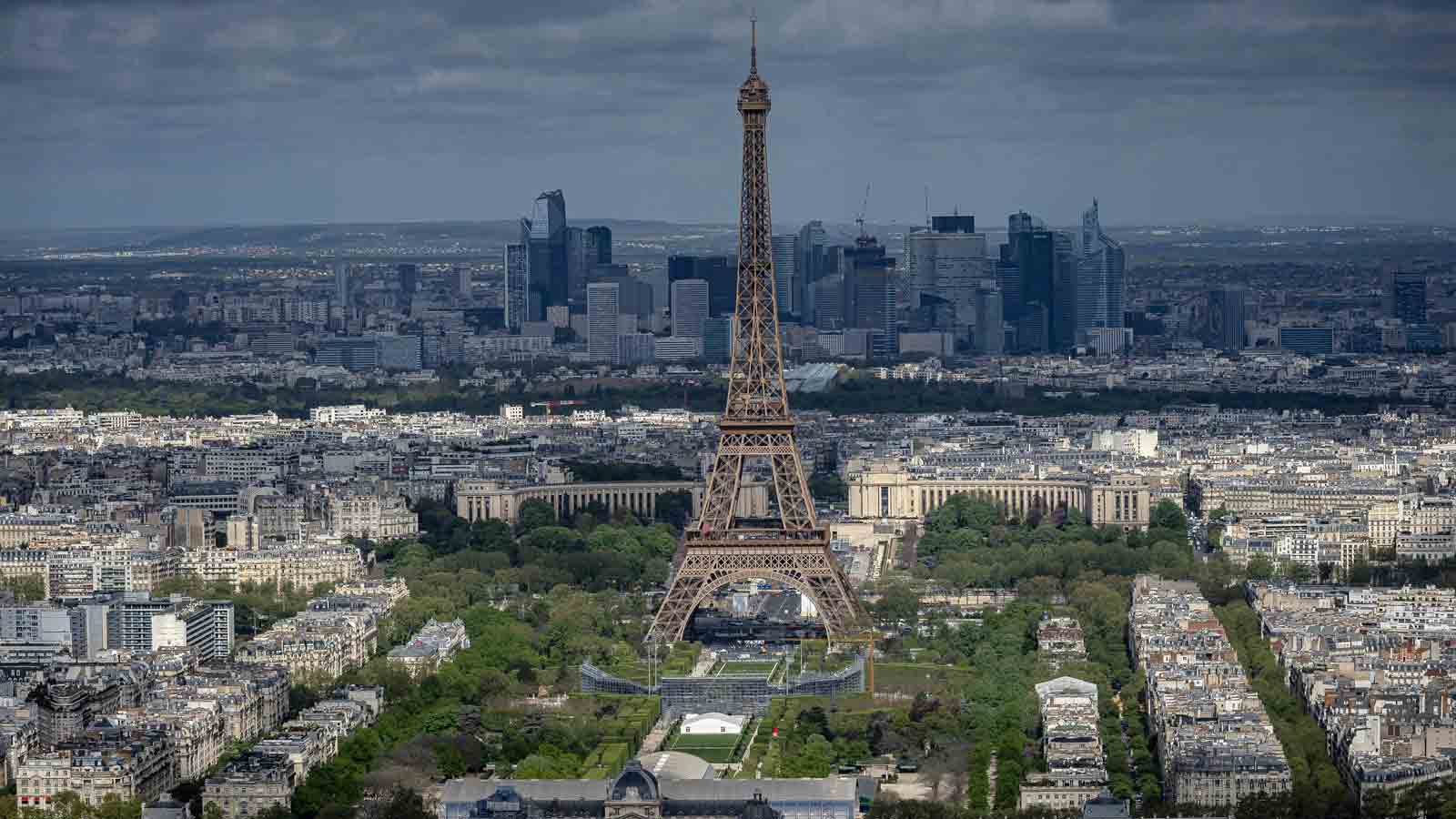Senior officials from North and South Korea on Sunday were in their second day of marathon talks meant to pull the rivals back from the brink, even amid reports of unusual North Korean troop and submarine movement that Seoul said indicated continued battle preparation.
The first round of talks, which started Saturday evening and finished just before dawn Sunday, came to nothing, but the second day of diplomacy has, for the time being, pushed aside the heated warnings of imminent war.
These are the highest-level talks between the two Koreas in a year. And just the fact that senior officials from countries that have spent recent days vowing to destroy each other are sitting together at a table in Panmunjom, the border enclave where the 1953 armistice ending fighting in the Korean War, is something of a victory.
The length of the first round of talks — nearly 10 hours — and the lack of immediate progress are not unusual. While the Koreas often have difficulty agreeing to talks, once they do, overlong sessions are often the rule. After decades of animosity and bloodshed, however, finding common ground is much harder.
Neither side has disclosed details about the first round of talks. The second session started Sunday afternoon and stretched into the night.
The decision to hold talks came hours ahead of a Saturday deadline set by North Korea for the South to dismantle loudspeakers broadcasting anti-Pyongyang propaganda at their border. North Korea had declared that its front-line troops were in full war readiness and prepared to go to battle if Seoul did not back down.
South Korea said that even as the North was pursuing dialogue, its troops were preparing for a fight.
U.S. & World
An official from Seoul's Defense Ministry said that about 70 percent of the North's more than 70 submarines and undersea vehicles had left their bases and were undetectable by the South Korean military as of Saturday.
The official, who refused to be named because of office rules, also said the North had doubled the strength of its front-line artillery forces since the start of the talks Saturday evening.
The standoff is the result of a series of events that started with the explosions of land mines on the southern side of the Demilitarized Zone between the Koreas that Seoul says were planted by North Korea. The explosions maimed two South Korean soldiers on a routine patrol. In response, the South resumed anti-Pyongyang propaganda broadcasts for the first time in 11 years, infuriating the North, which is extremely sensitive to any criticism of its authoritarian system.
There was shock and worry Thursday after South Korea's military fired dozens of artillery rounds across the border in response to what Seoul said were North Korean artillery strikes meant to back up an earlier threat to attack the loudspeakers. The North denies it was behind the land mines and the shelling, claims that Seoul calls nonsense.
The Defense Ministry official said the South continued the anti-Pyongyang broadcasts even after the start of the talks Saturday and also after the second session began Sunday. He said Seoul would decide after the talks whether to halt the broadcasts.
While the meeting offered a way for the rivals to avoid an immediate collision, analysts in Seoul wondered whether the countries were standing too far apart to expect a quick agreement.
South Korea probably can't afford to walk away with a weak agreement after it had openly vowed to stem a "vicious cycle" of North Korean provocations amid public anger over the land mines, said Koh Yu-hwan, a North Korea expert at Seoul's Dongguk University.
It was highly unlikely that the North would accept the South's expected demand for Pyongyang to take responsibility for the land mine explosions and apologize, he added. However, Koh said the meeting might open the door to more talks between the rivals to discuss a variety of issues.
At the meeting, South Korea's presidential national security director, Kim Kwan-jin, and Unification Minister Hong Yong-pyo sat down with Hwang Pyong So, the top political officer for the Korean People's Army, and Kim Yang Gon, a senior North Korean official responsible for South Korean affairs.
Hwang is considered by outside analysts to be North Korea's second most important official after supreme leader Kim Jong Un.



